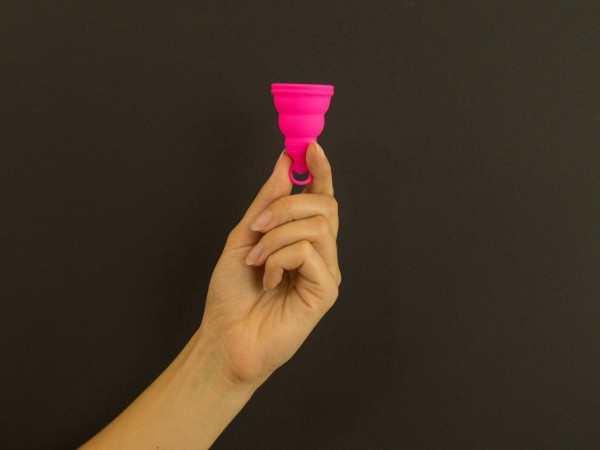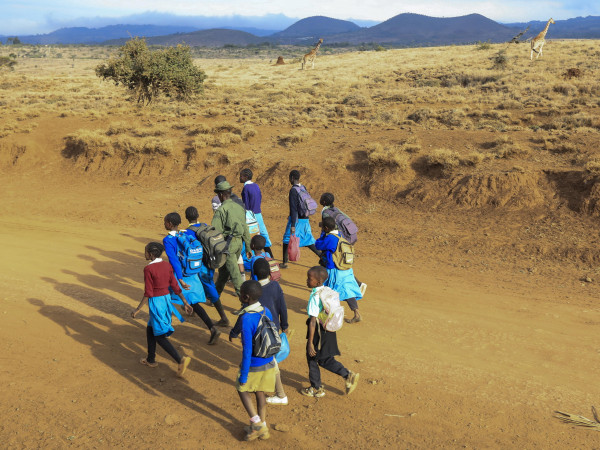Period poverty and stigma: the case of buying period products

«I was so fearful because by the day it started, I was at school and I stood up to say an answer when the teacher asked me about a certain question. By the time I found out, my cloth had a menstruation period and I borrowed a sweater from my friend to cover…», recalls a grade seven girl from Nwoya Primary School during the Reusable Menstrual Pads program by Dwona Initiative.
Her experience is very common. Many young girls around Africa and the world first period stories’ have mentioned words like, “fearful, ashamed, confused, bad, sad, cover myself”, among others. However, one would ask why do such words pop up when it’s a biological process that happens in a woman’s body?
About 1.8 billion women around the world experience menstruation. Some are not able to afford period products that are used to manage their menstrual blood during this time. Others do not have access to proper menstrual hygiene information. The inability to afford period products, access to safe and hygienic spaces to manage them, access to proper menstrual hygiene information is called “Period Poverty.”
In addition to period poverty, many girls and women also face “Period stigma.” Period stigma has existed for the longest time and this could stem from the cultural beliefs and myths around menstruating girls and women. It creates a form of shame, embarrassment, and hesitation to talk about the topic of menstruation openly.
During my school days, I remember the days I unknowingly started my period, I could hurriedly whisper into my best friend’s ear or write a chit to my next girlfriend in class so that they could help with a pad in case they had one. When they had one, they would wrap it in a sweater or put it in a bag to give it to me. In that time, it was a norm for every girl in school - that we used codes around our period days and shared pads as if we were doing a drug deal in class. We did not even know it was period stigma.
This stigma is engraved in little girls’ minds when the topic of menstruation is being taught by family members or even by female teachers in school. It has been taught to be a secret and everything about it should not just be made public. This caused an unnecessary fear in young girls to freely walk up to a shop and buy a period product without shame or even use some period products like tampons, menstrual cups and discs because of myths around inserting anything into the vagina equating to losing one’s virginity.
In the case of men buying period products, I recently asked a few male friends if they were comfortable buying period products and the common answer was negative. One of them said, «Why would I buy pads if I am not a woman? It’s a personal thing for a woman». This clearly shows that some men’s perception on the topic of menstruation is that it is an issue just for women and not an issue for everyone.
Period stigma and poverty has a ripple effect in society starting with undermining the realization of girls and women’s potential through education. In Africa, many young school-going girls, especially from rural settings, will miss up to 20% of their school year and have some drop-out of school altogether. In Uganda, nearly a quarter of young girls between the ages of 12-18 years drop out of school when they start menstruation. In South Africa, there is an estimation of over 30% of girls who miss school while on their period, with up to seven million girls without access or who cannot afford to buy menstrual products.
In Kenya, about 50% of school-aged girls do not have access to menstrual products and in Tanzania, according to a research by the Tanzania Water and Sanitation Network, found that over 16% will miss school because of periods. Period poverty and stigma not only have adverse effects on girl’s education but continue to link to issues of child marriages, early child pregnancies, pregnancy complications and may even result in death.
A call to action: open dialogues on menstruation should be amplified with men being at the forefront. We cannot overcome period poverty and stigma without the involvement of men. Let us have fathers and brothers buy period products for fellow female counterparts.
Together, we can contribute to fighting period poverty and stigma.











